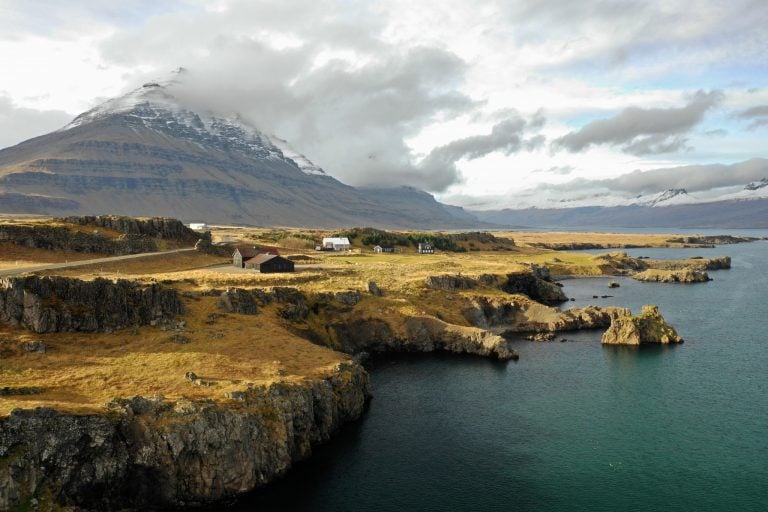Explore the vast beauty of the East
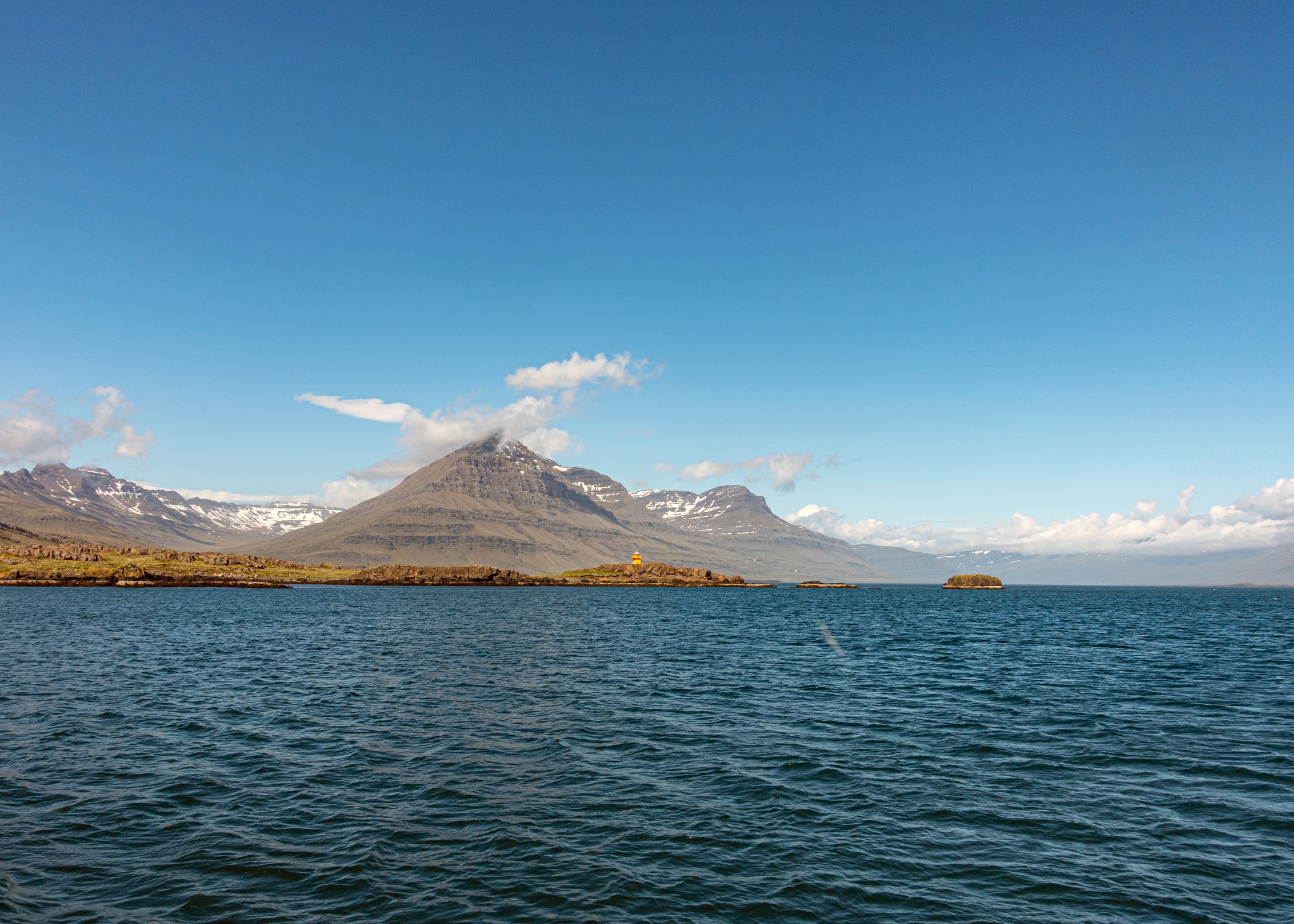
East Iceland is home to some of the most remote, spectacular nature on the island, with breathtaking attractions and numerous hiking opportunities. The region offers sweeping landscapes with backdrops of looming mountains, narrow fjords, and rugged coastlines. If you’re looking for unspoiled beauty, it’s here.
There are several itineraries to help you determine the best way to explore East Iceland on www.east.is. Below are some of the highlights of the eclectic east.
Djúpivogur, a town of fewer than 500 people that has a history of fishing and trading dating to 1589, is a recommended place to visit. The picturesque landscape is the backdrop to countless hiking trails, which are free to roam and explore.
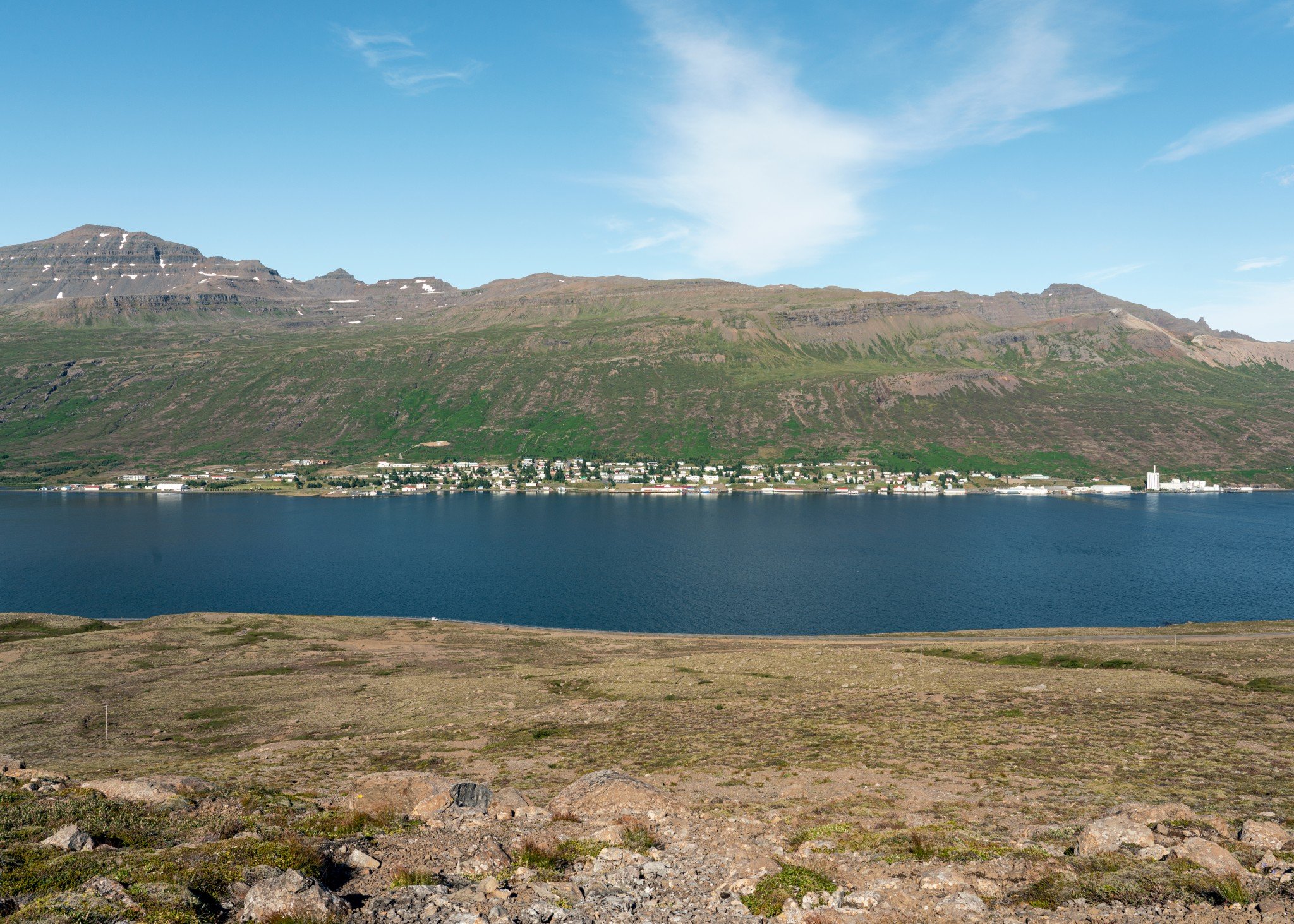
Fáskrúðsfjörður is a small village, also with fewer than 500 people, nestled on a long fjord of the same name. It’s the most ‘French’ part of Iceland, as the village was originally a base for more than 5,000 French fishermen, who came every year to fish the rich Icelandic waters. Some settled here in the late 19th century. The village had a hospital, chapel, and cemetery that were built by the French, and both the buildings and the history remain, as the streets of Fáskrúðsfjörður are marked in both Icelandic and French.
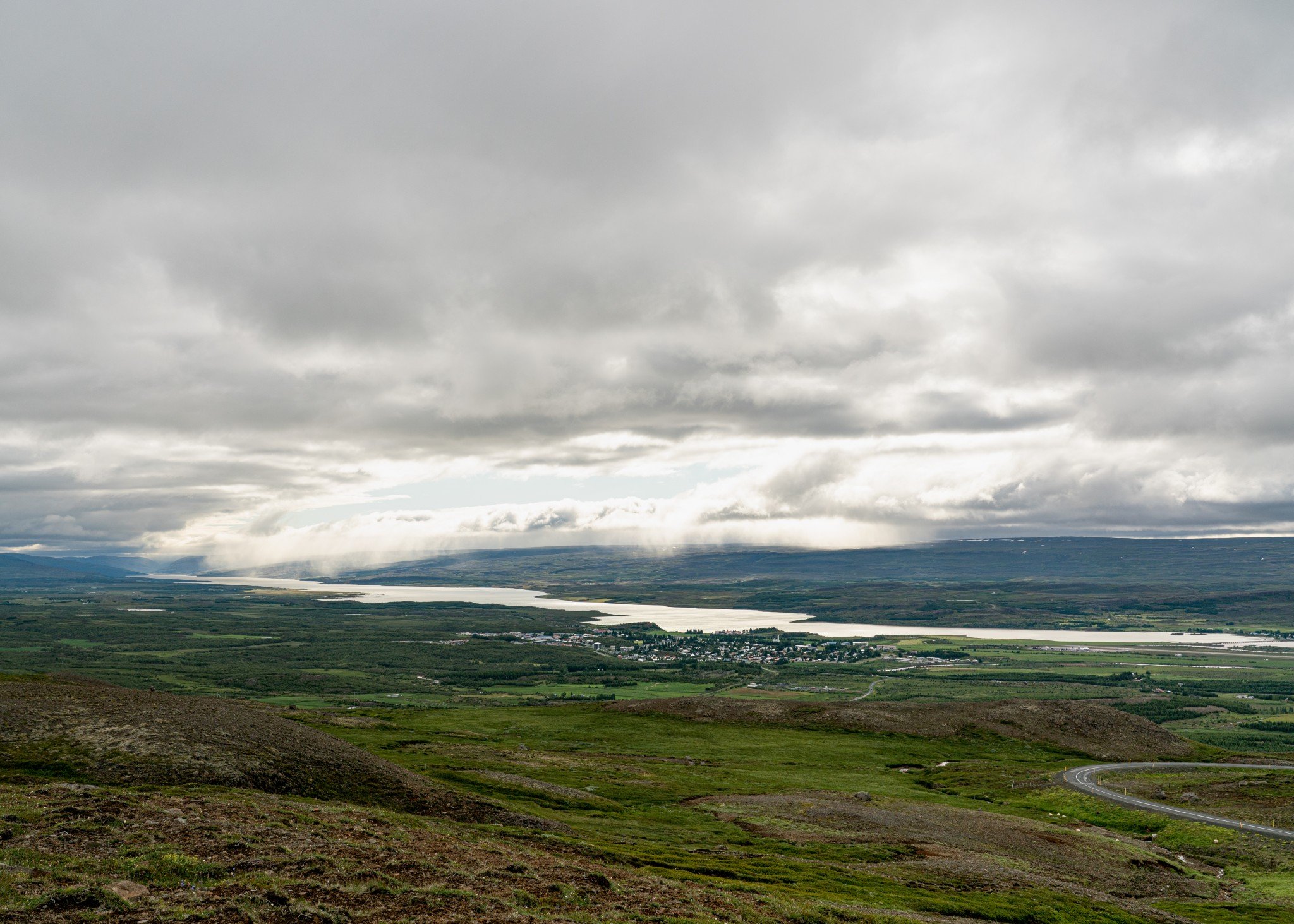
Egilsstaðir is considered the unofficial capital of East Iceland, but don’t let that fool you; it’s a ‘capital’ with fewer than 3,000 residents. The quaint town earned its name based on a reference to the nearby Egil’s farm, which appears in the stories of the Sagas.
If you’re interested in exploring a bit more of the interior, consider a drive through the highlands. There are the hot natural pools at Laugarfell, the towering Snæfell mountain, and the vast beauty of the Vatnajökull National Park.
While surveying the landscape, you will have certainly noticed that trees are a rare sight in Iceland. Hallormsstaður has the distinction of being the largest forest in the country, though it would be considered small by other standards. It stretches along banks of the 35-kilometre-long Lagarfljót glacial lake. It’s beautiful to roam among native birch trees that have survived inclement weather and found a way to thrive.
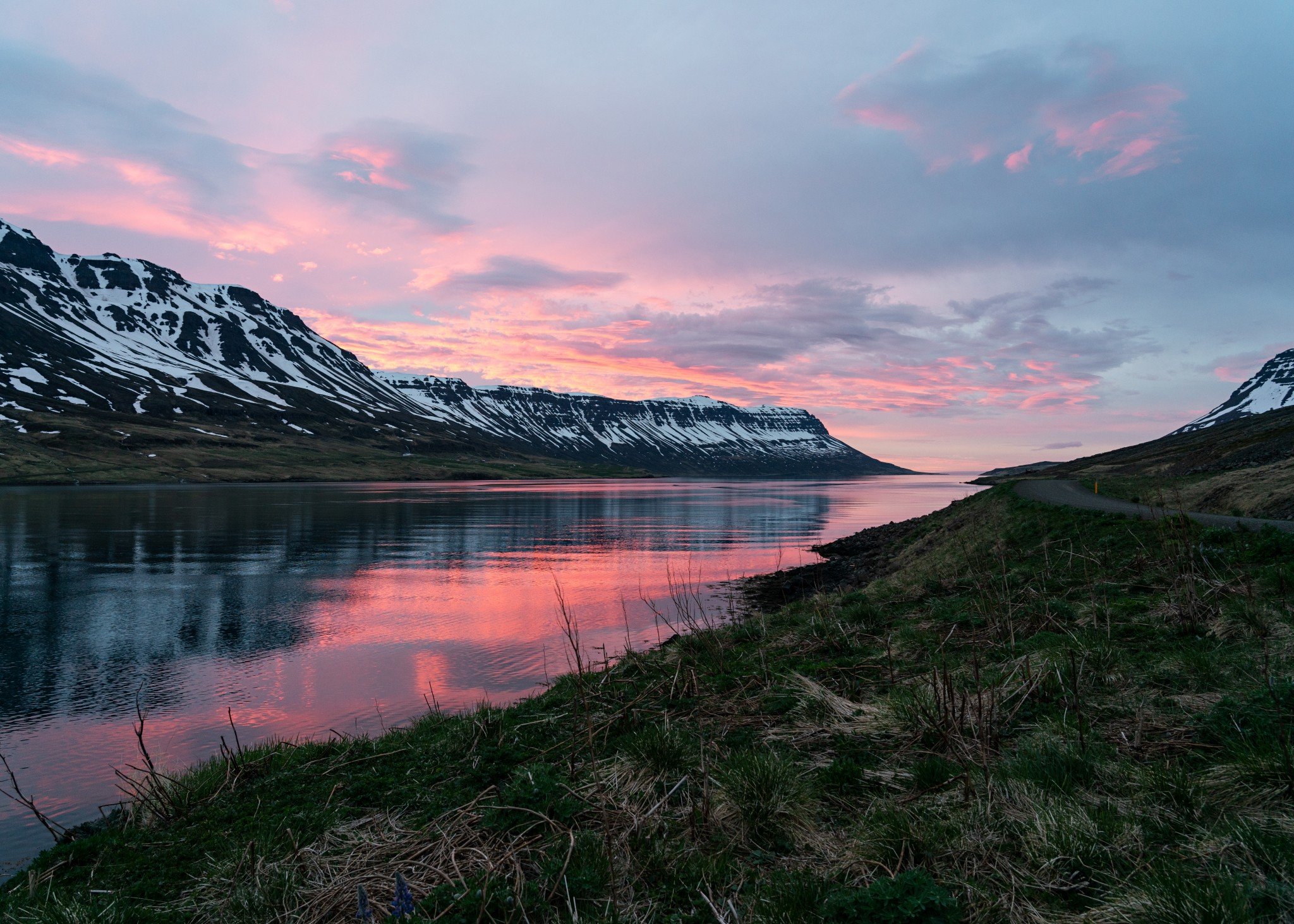
Seyðisfjörður is well-known for its variety of cultural events, its diverse community and the town centre that is adorned with beautiful wooden houses that are quite rare in this country, as well as the ferry port that brings visitors from Europe with the cars, motorbikes or bikes. Opportunities for outdoor activities are varied in Seyðisfjörður and for those who are interested in hiking, you can find both short and longer hiking trails.
Convenient App
To help you discover and navigate the magic of East Iceland, an app called Austurland, is a valuable resource to get the most out of your trip. Austurland includes information about attractions, hiking trails, swimming pools, as well as discounts, special offers, local secrets, services and announcements. The Austurland app, which is available for both Apple and Android products, is a great guide to help you find inspiration for places to eat, activities or ways to unwind in the east of Iceland.
East Iceland is often overlooked by first-time visitors to the country, but it has some of the most pristine, untouched nature in Iceland. On your next trip to Iceland, be sure to spend some time visiting, hiking and photographing the east coast and Eastfjords. Even during the high season, there’s a good chance you won’t bump into many other tourists. The East can be your own private treasure.
JG
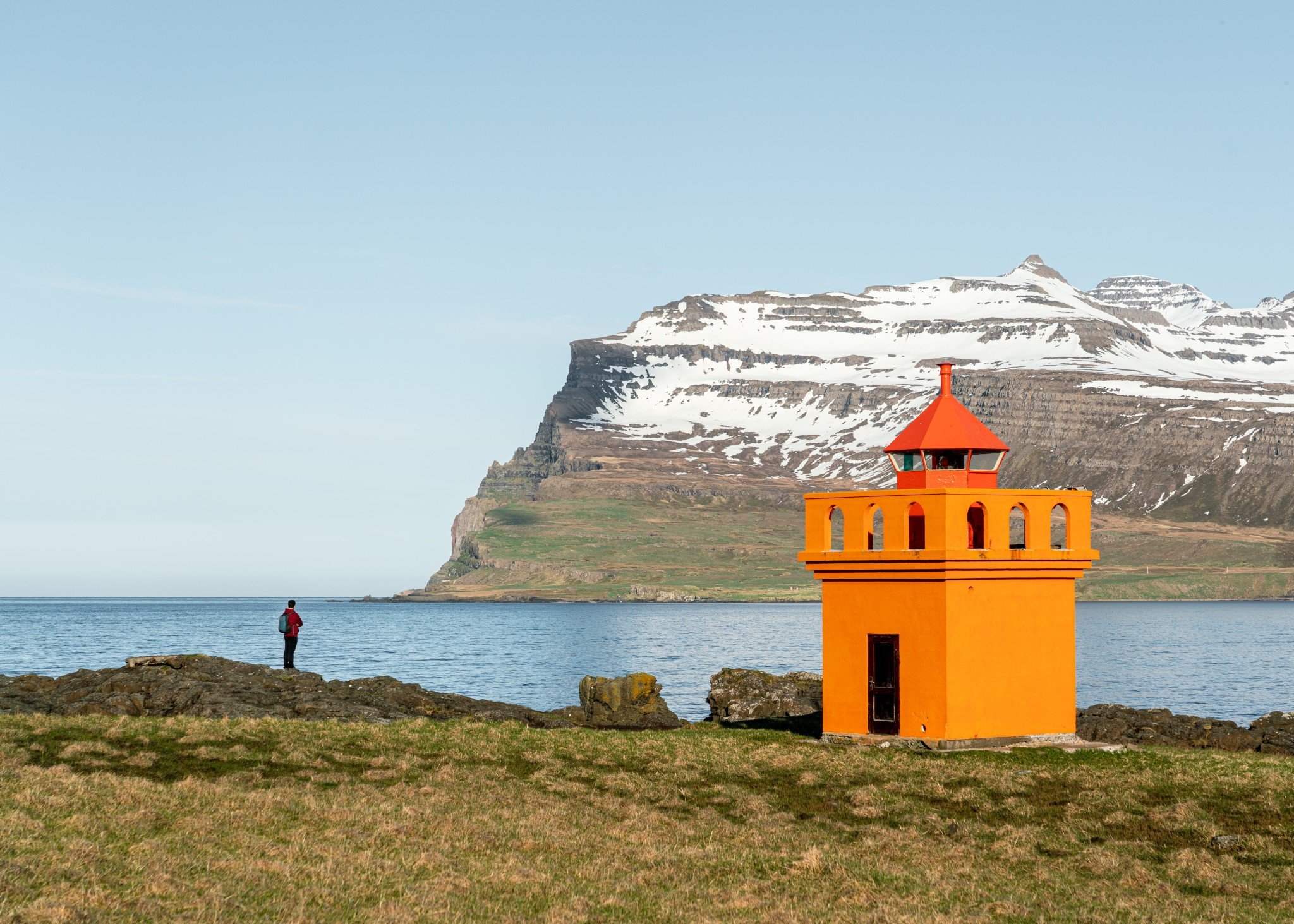
Seyðisfjörður – Ljósmyndari Jessica Auer 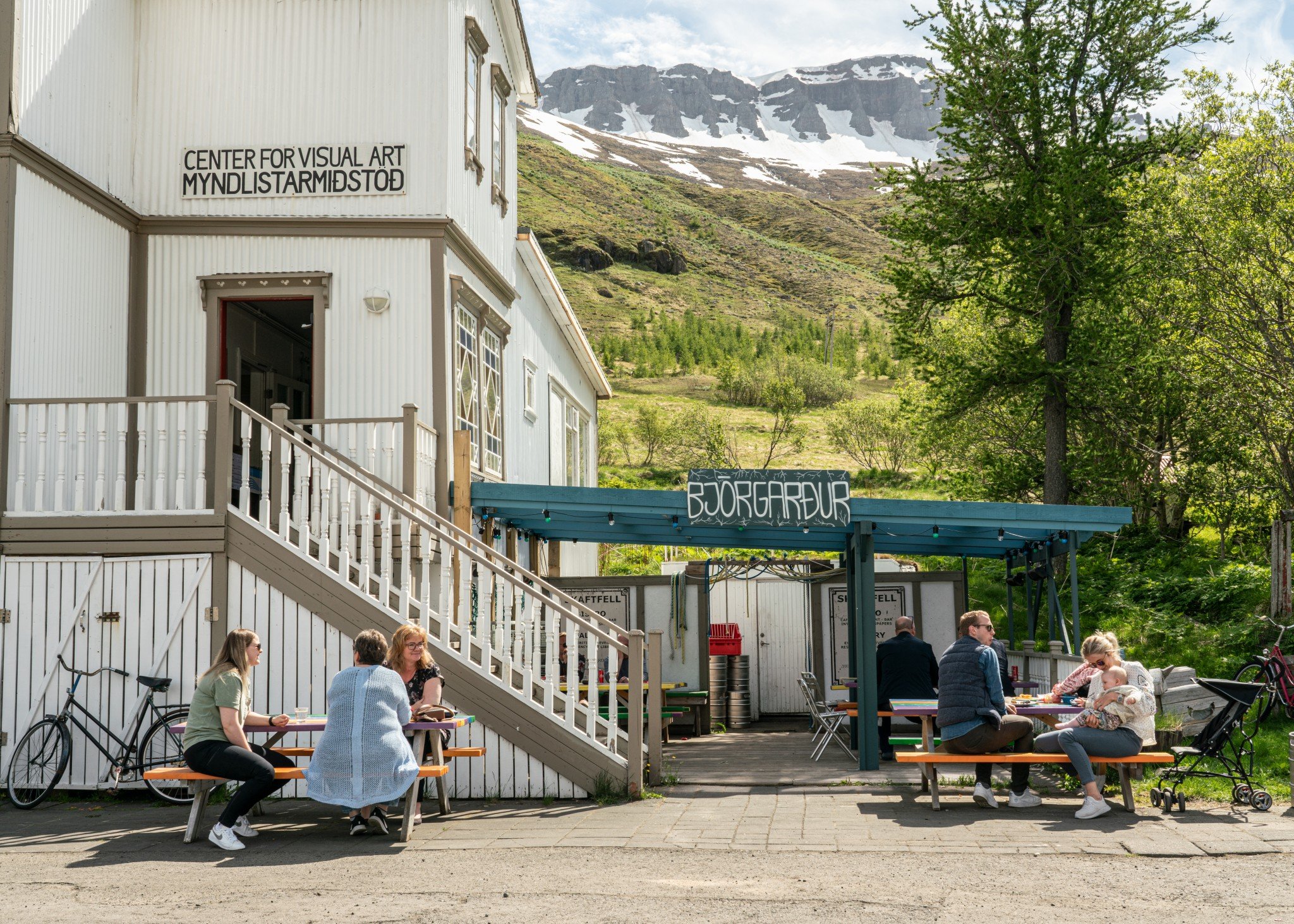
Seyðisfjörður – Ljósmyndari Jessica Auer 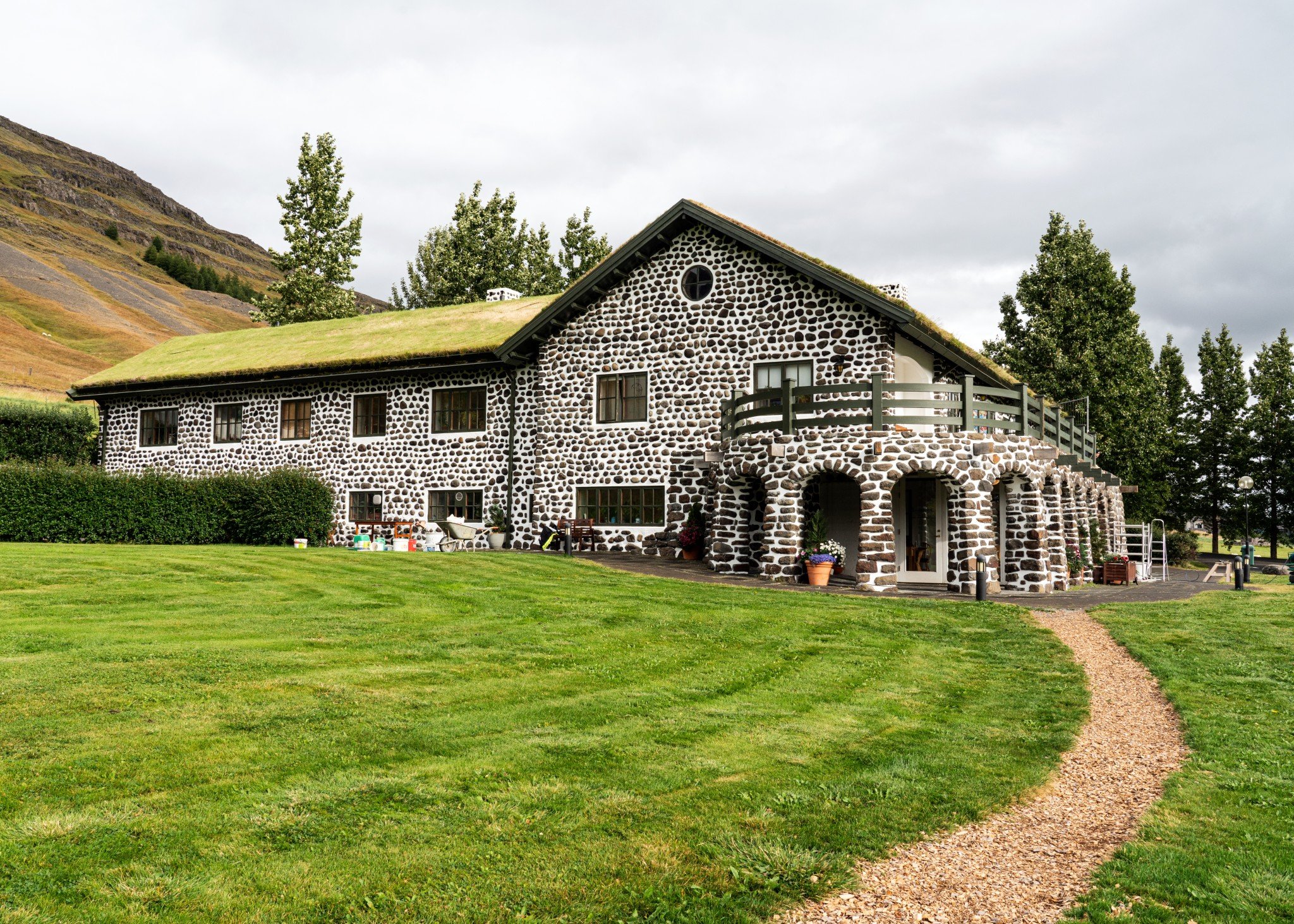
Skriðuklaustur 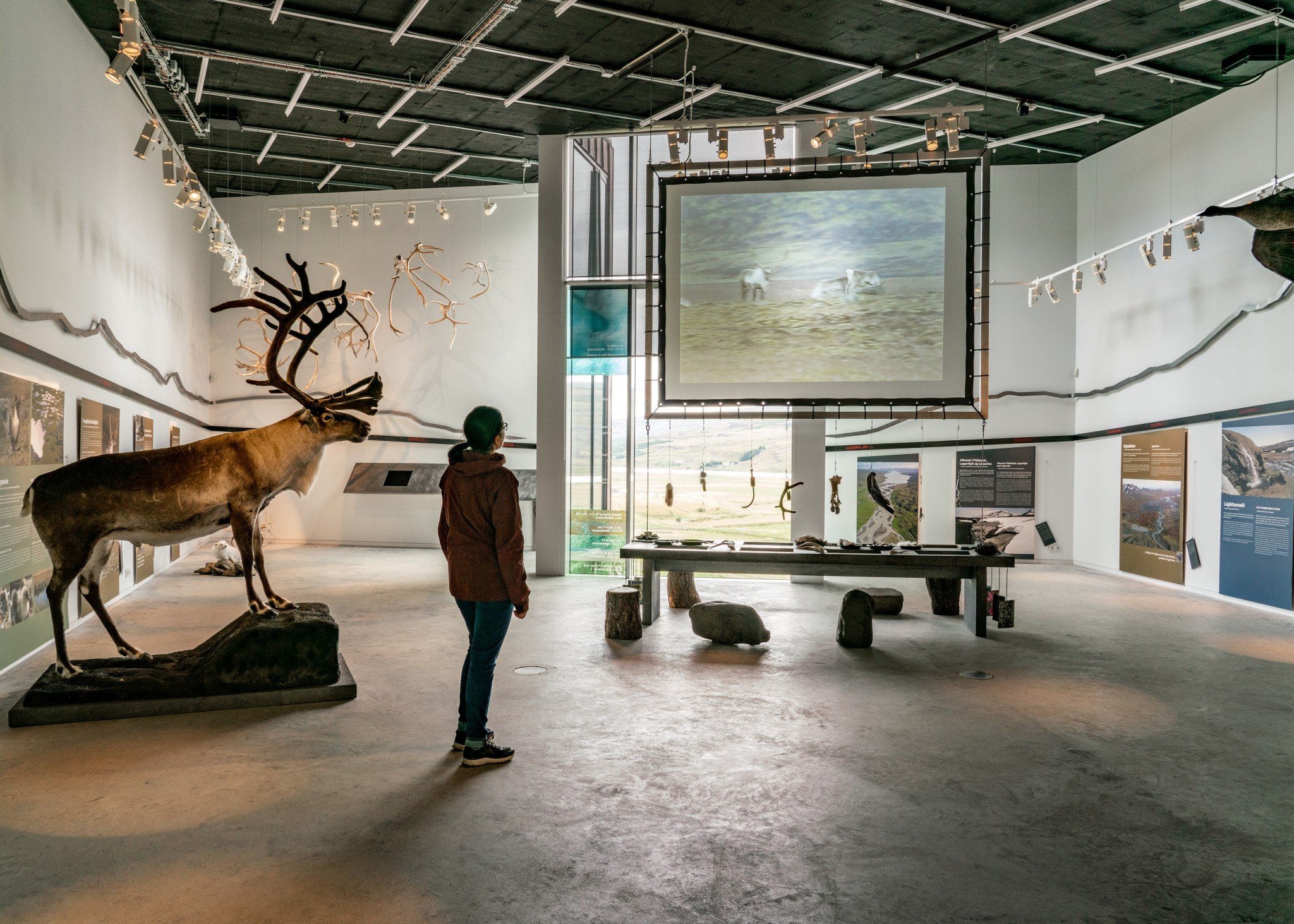
Snæfellsstofa 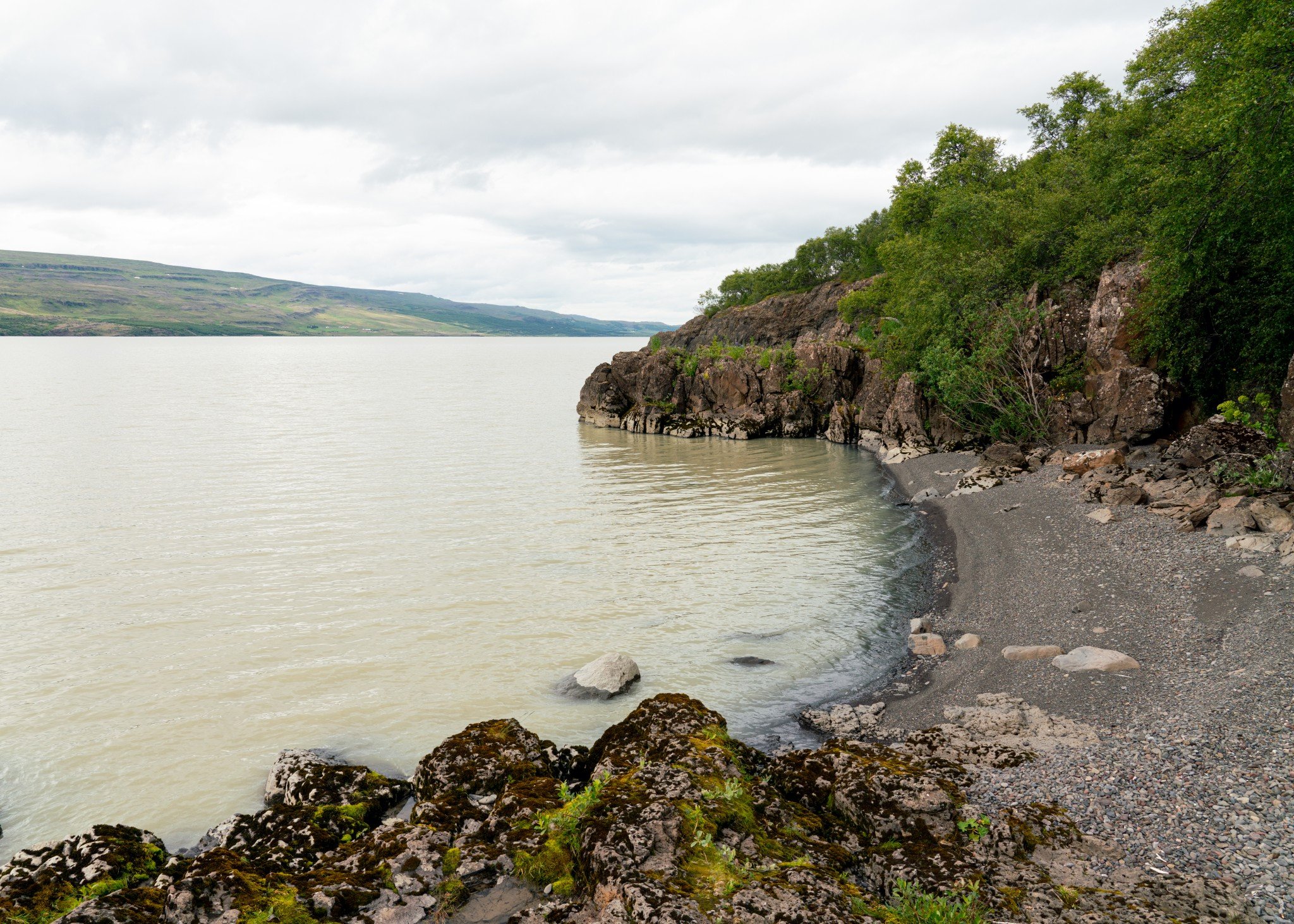
Fljótsdalshérað – Atlavík – Ljósmyndari Jessica Auer 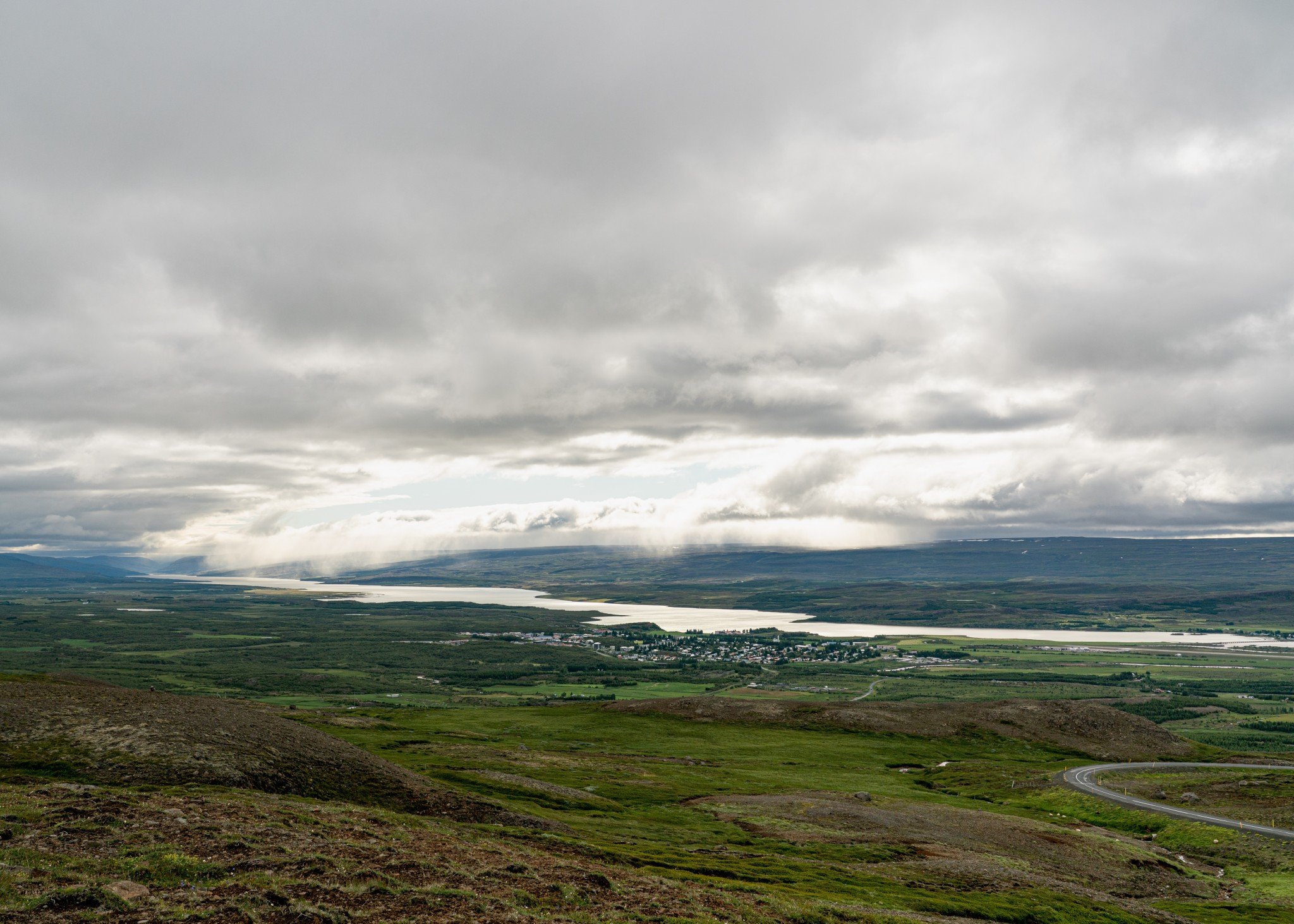
Egilsstaðir – Ljósmyndari Jessica Auer 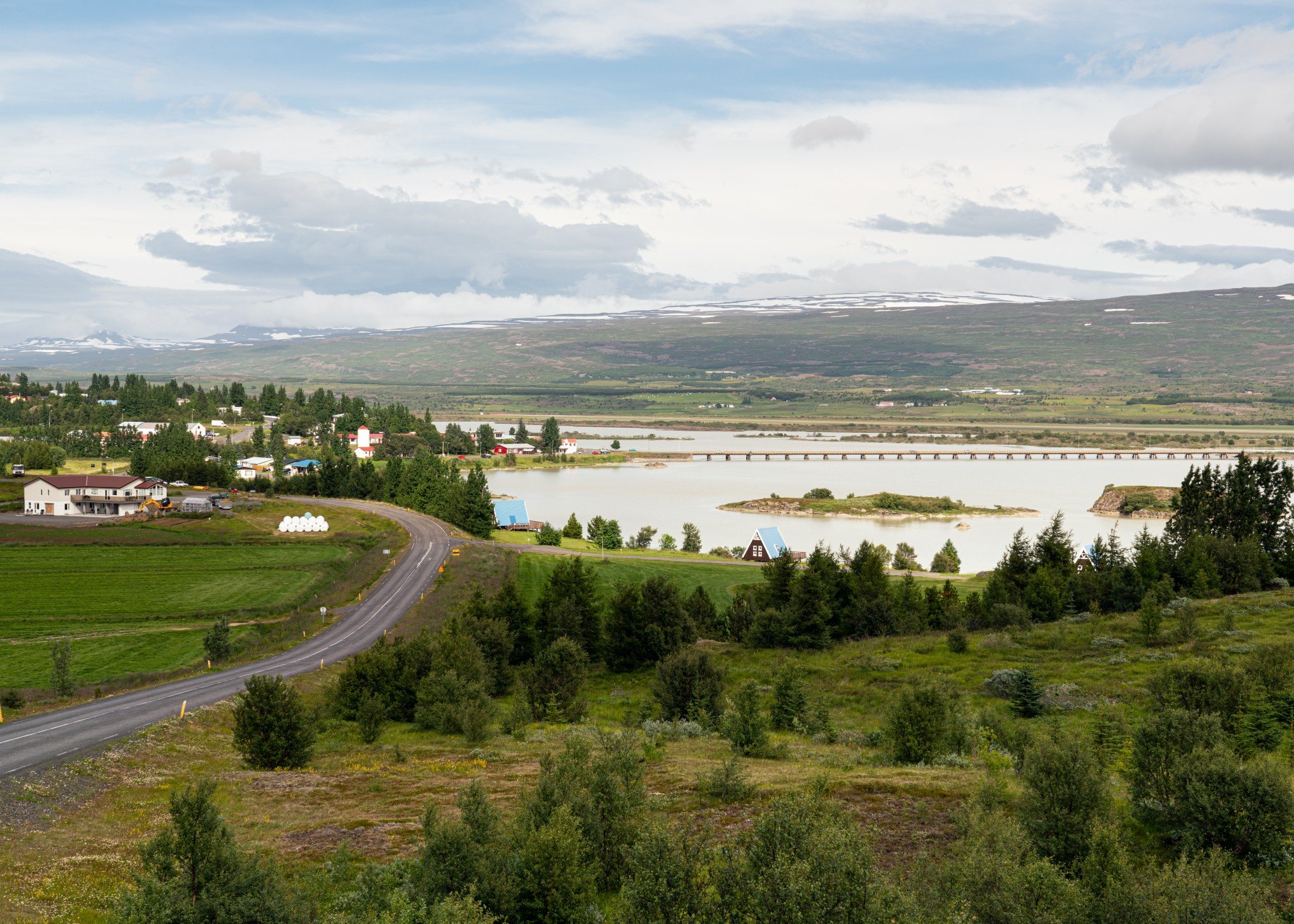
Fellabær – Ljósmyndari Jessica Auer 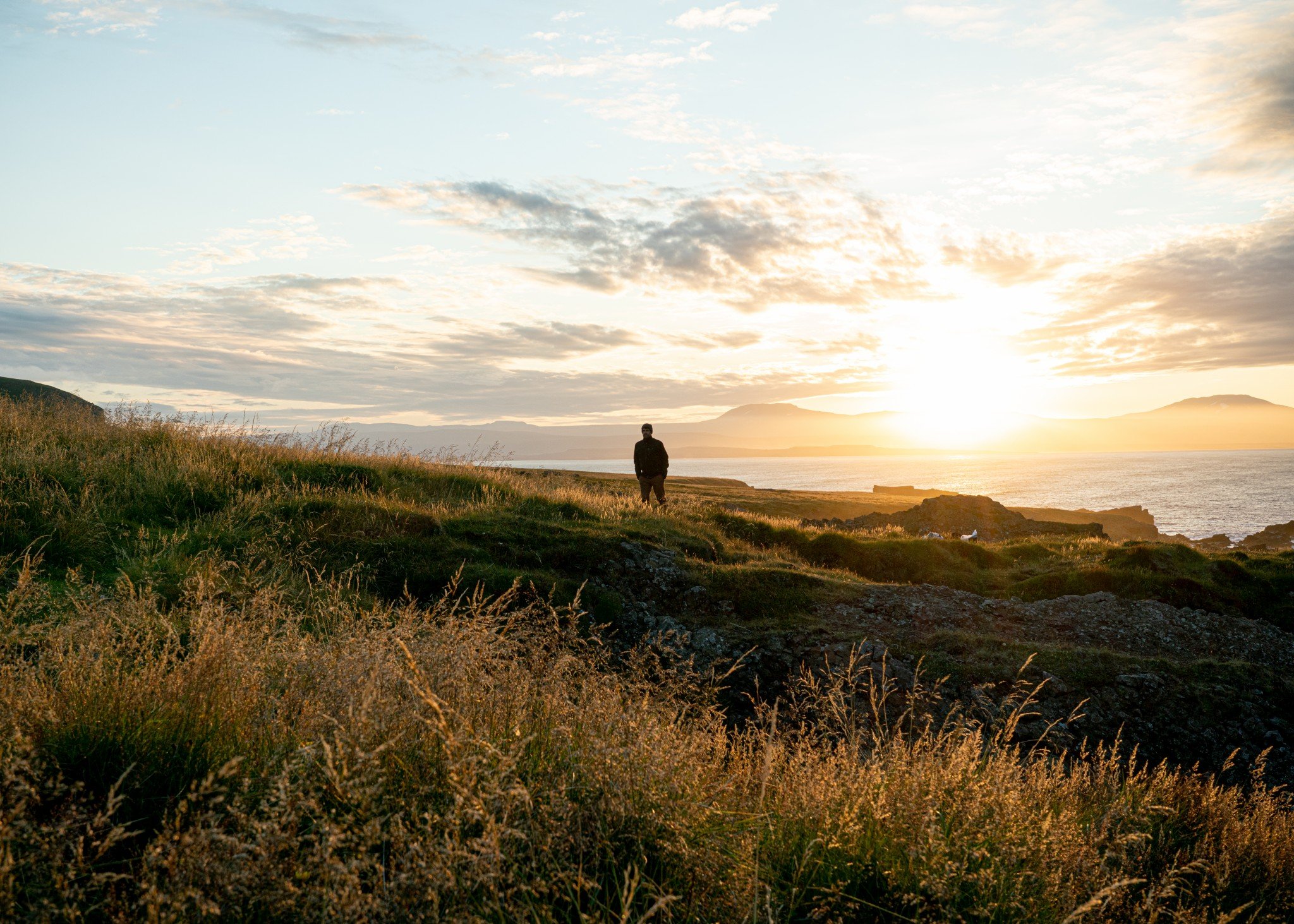
Vopnafjörður 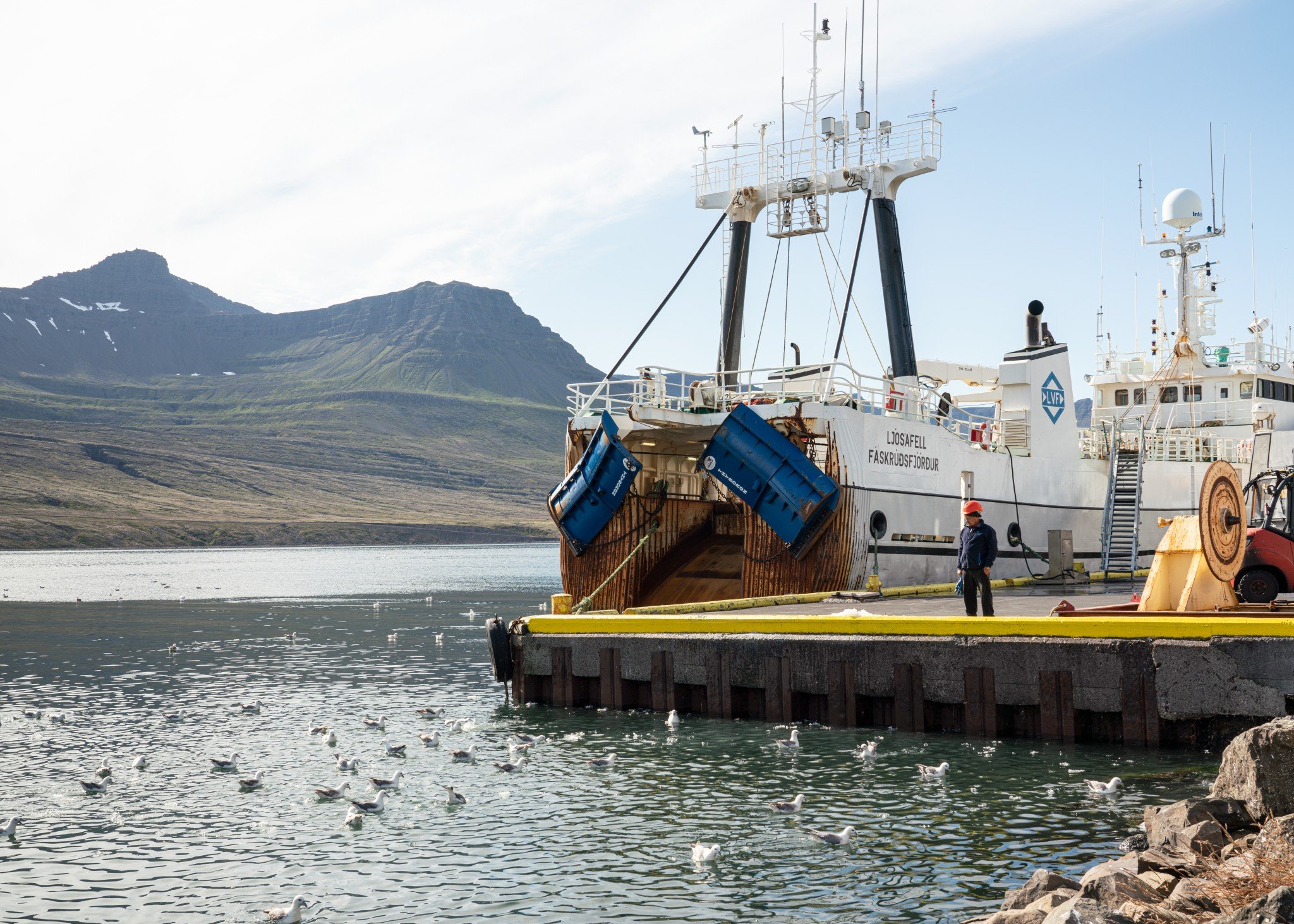
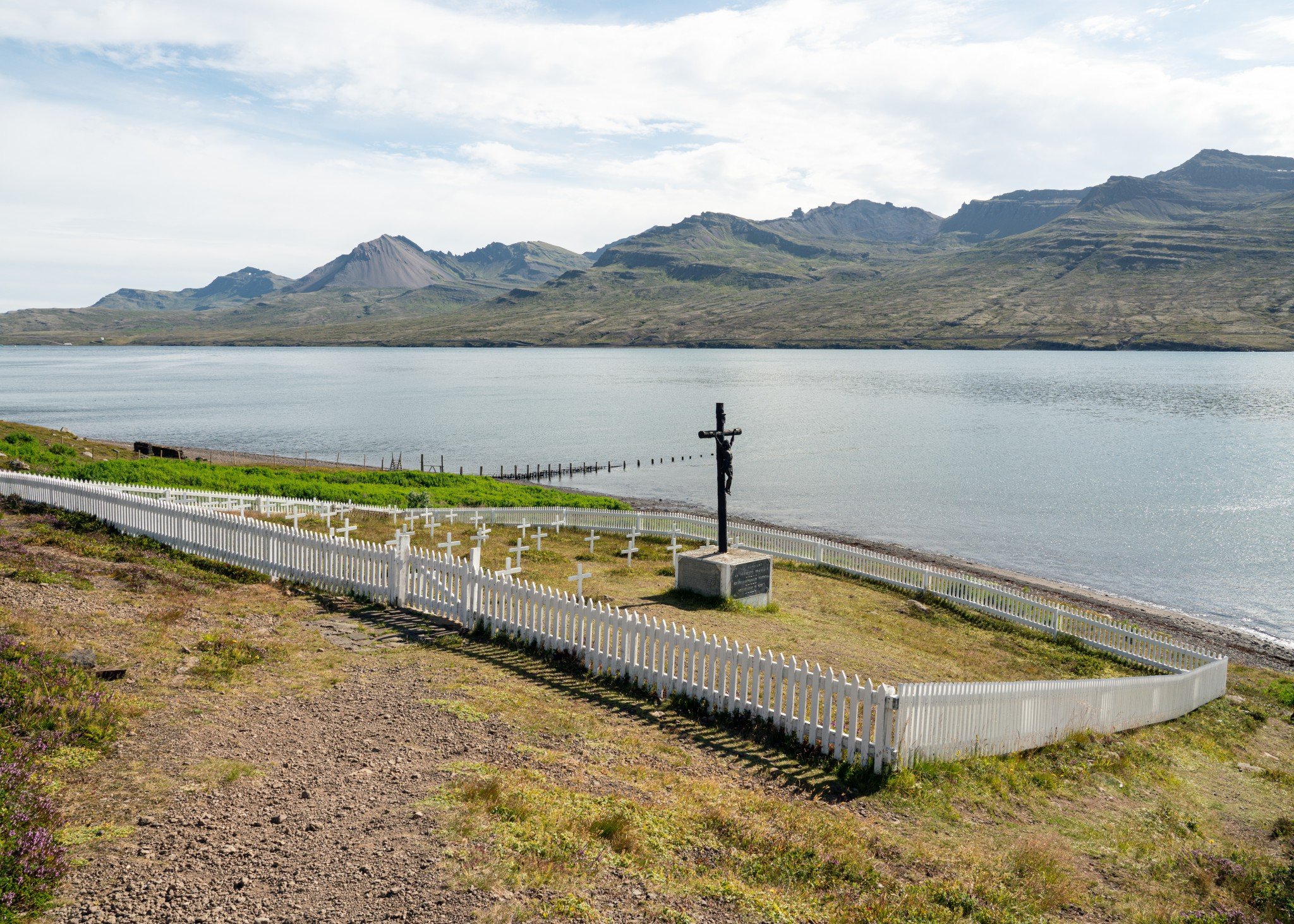
Fáskrúðsfjörður – Ljósmyndari Jessica Auer 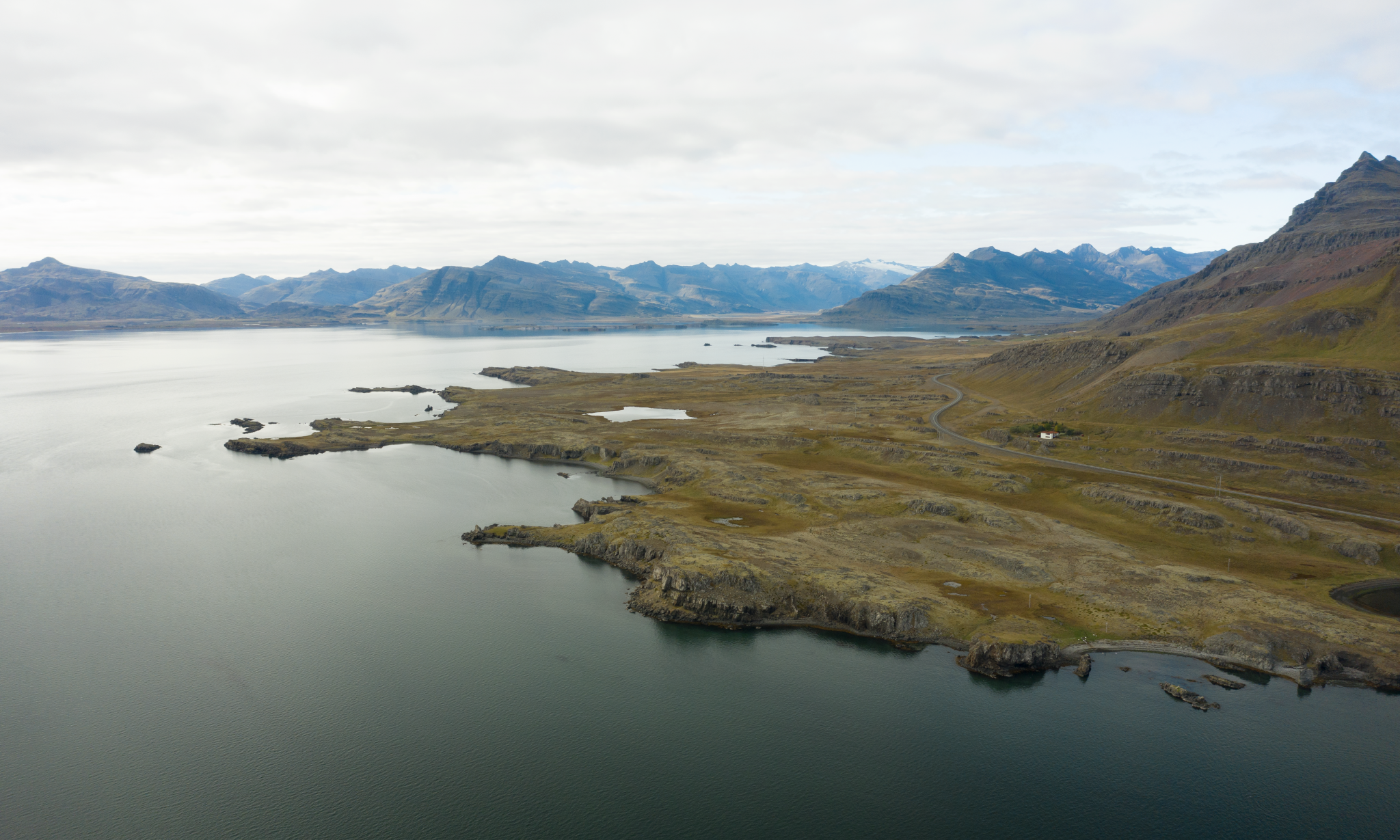
Álftafjörður 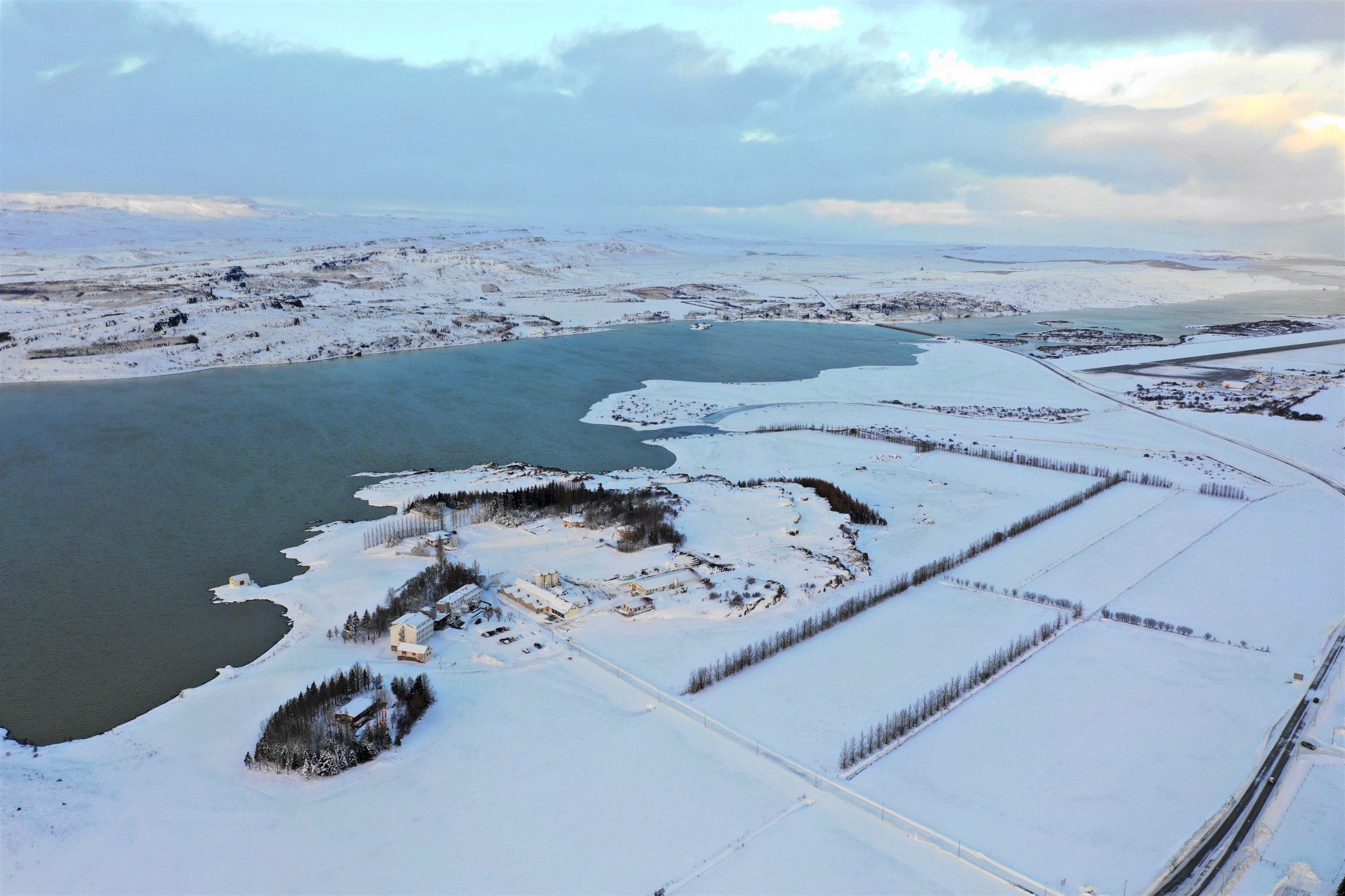
Gistihúsið Egilsstöðum 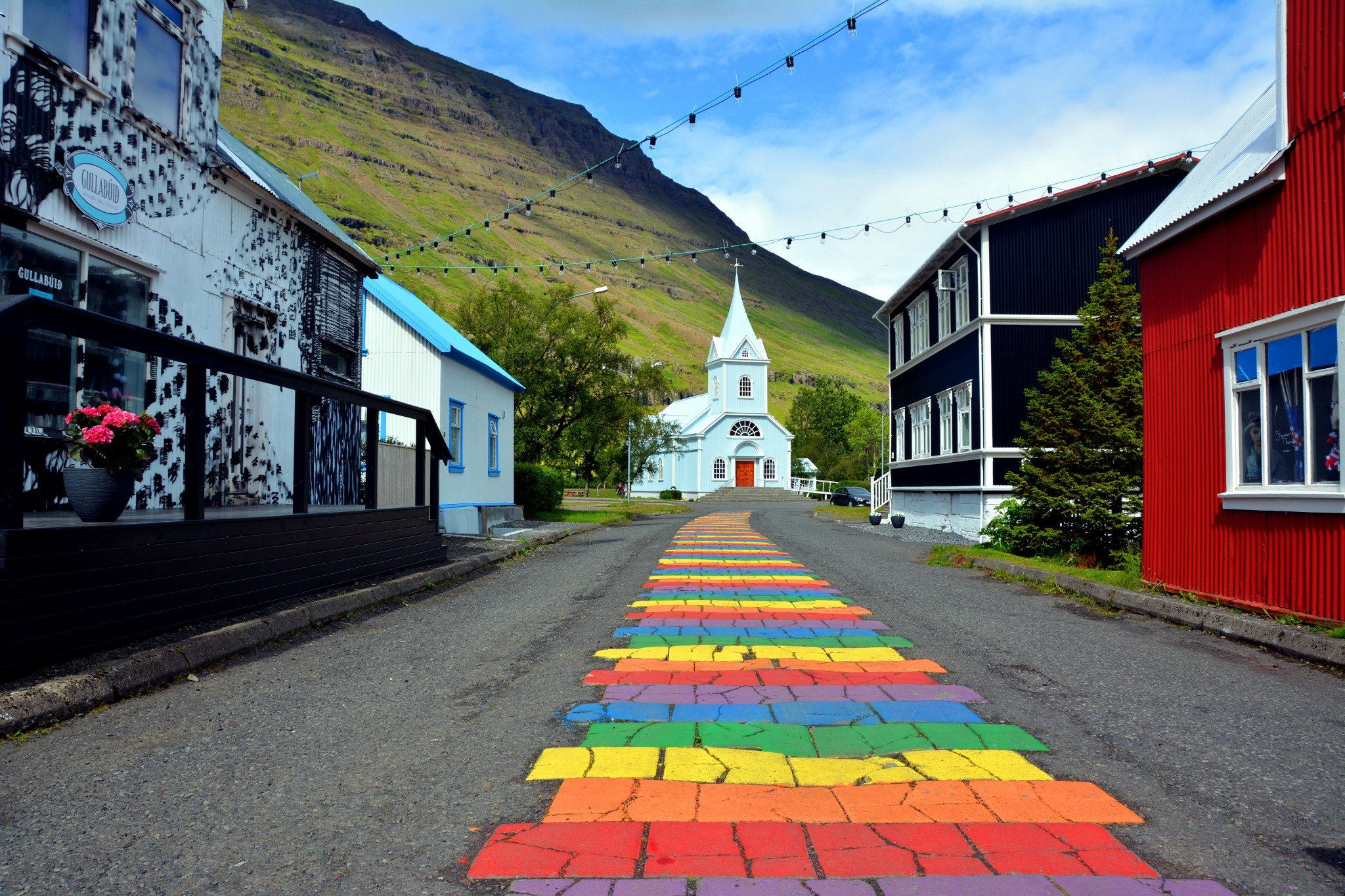
Seyðisfjörður 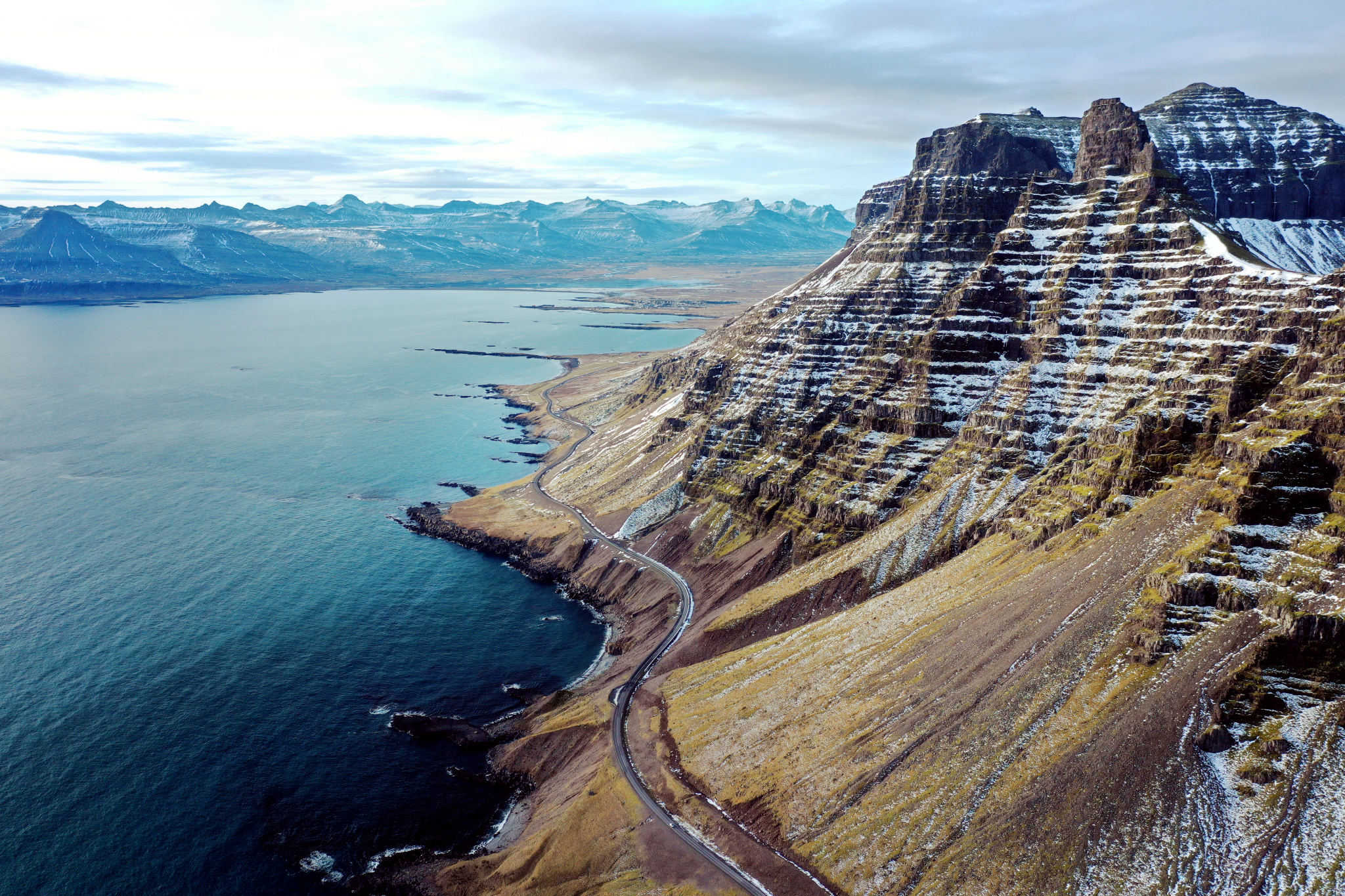
Breiðdalsvík 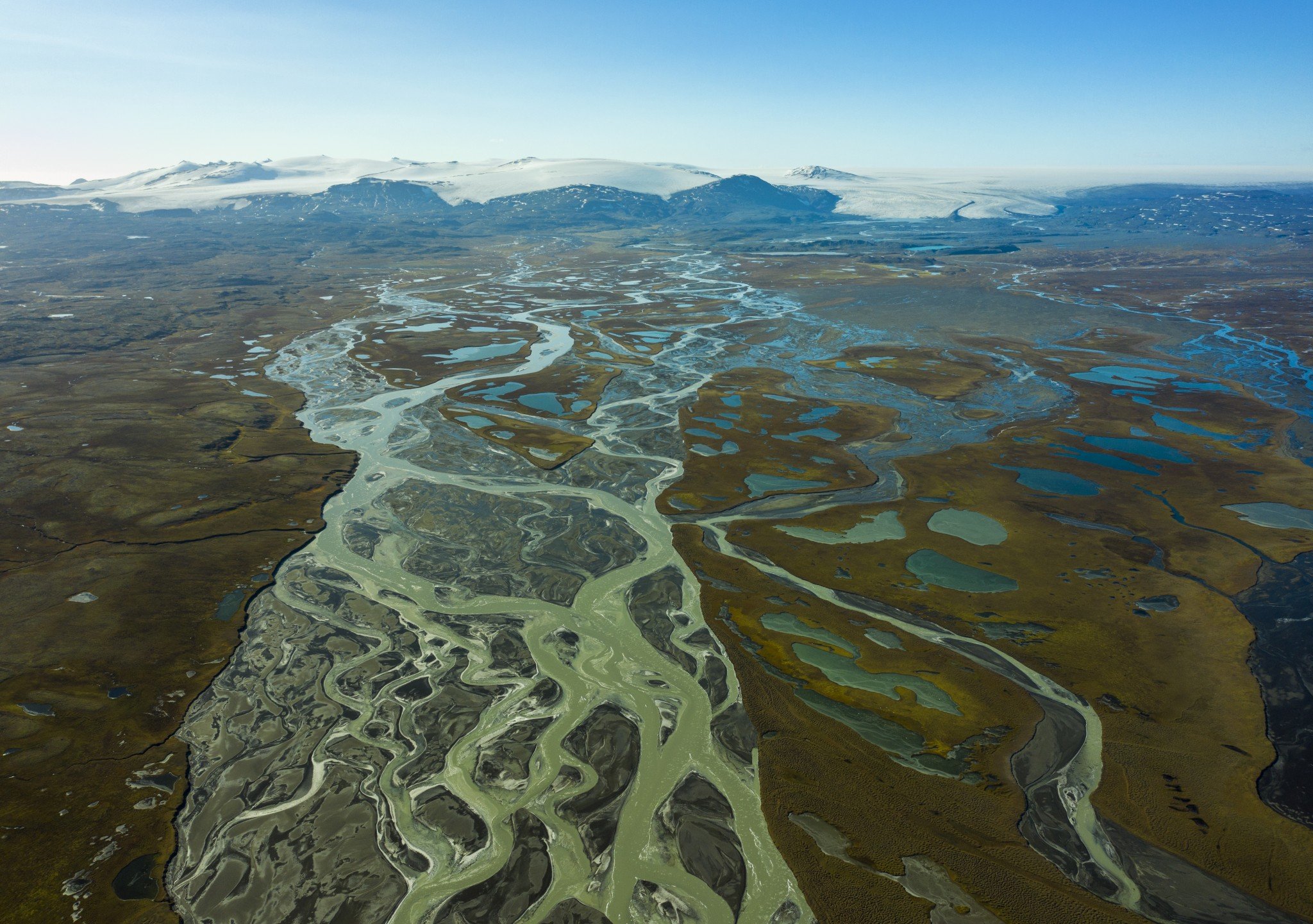
Laugabakkar 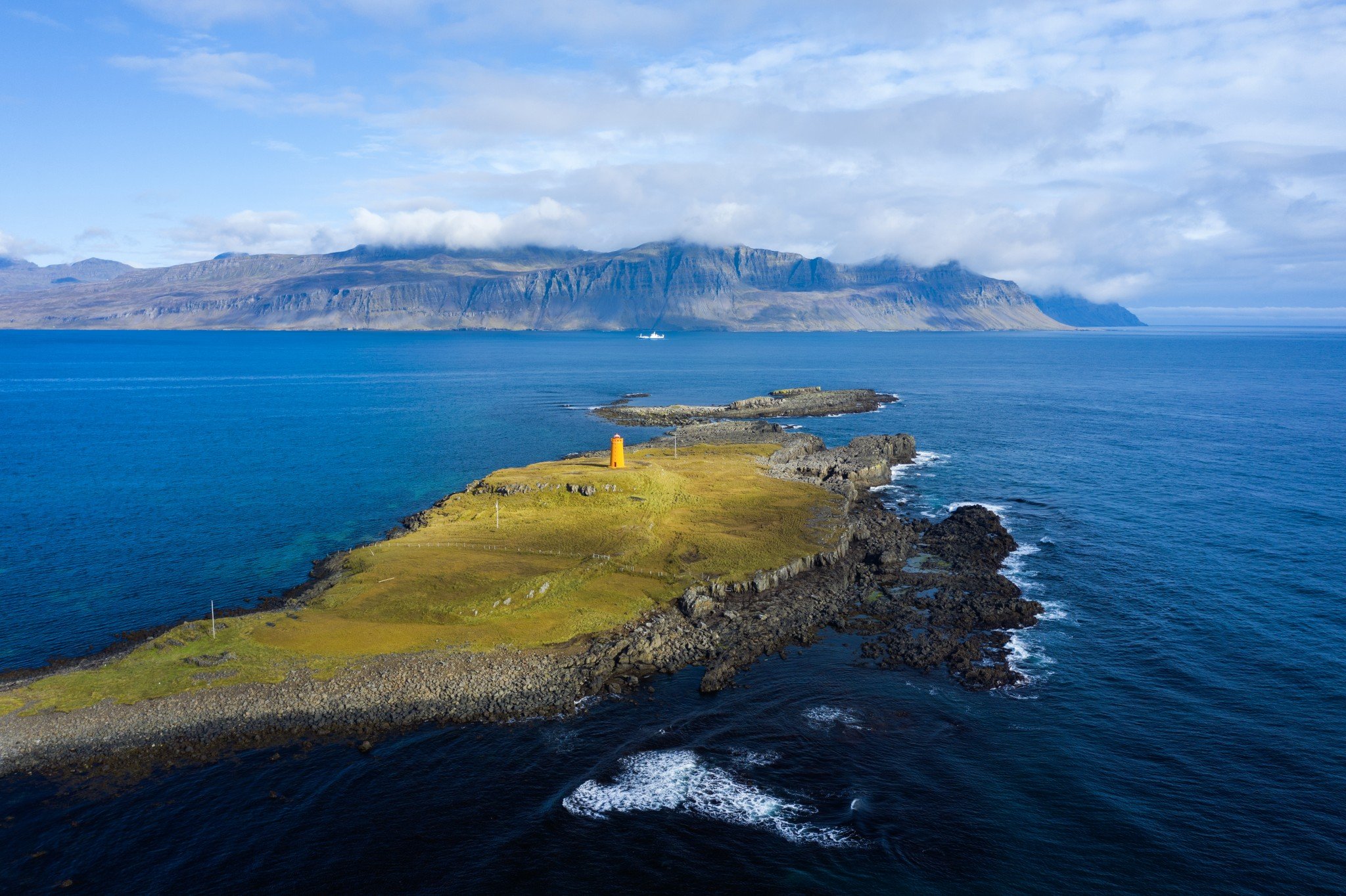
Vattarnes 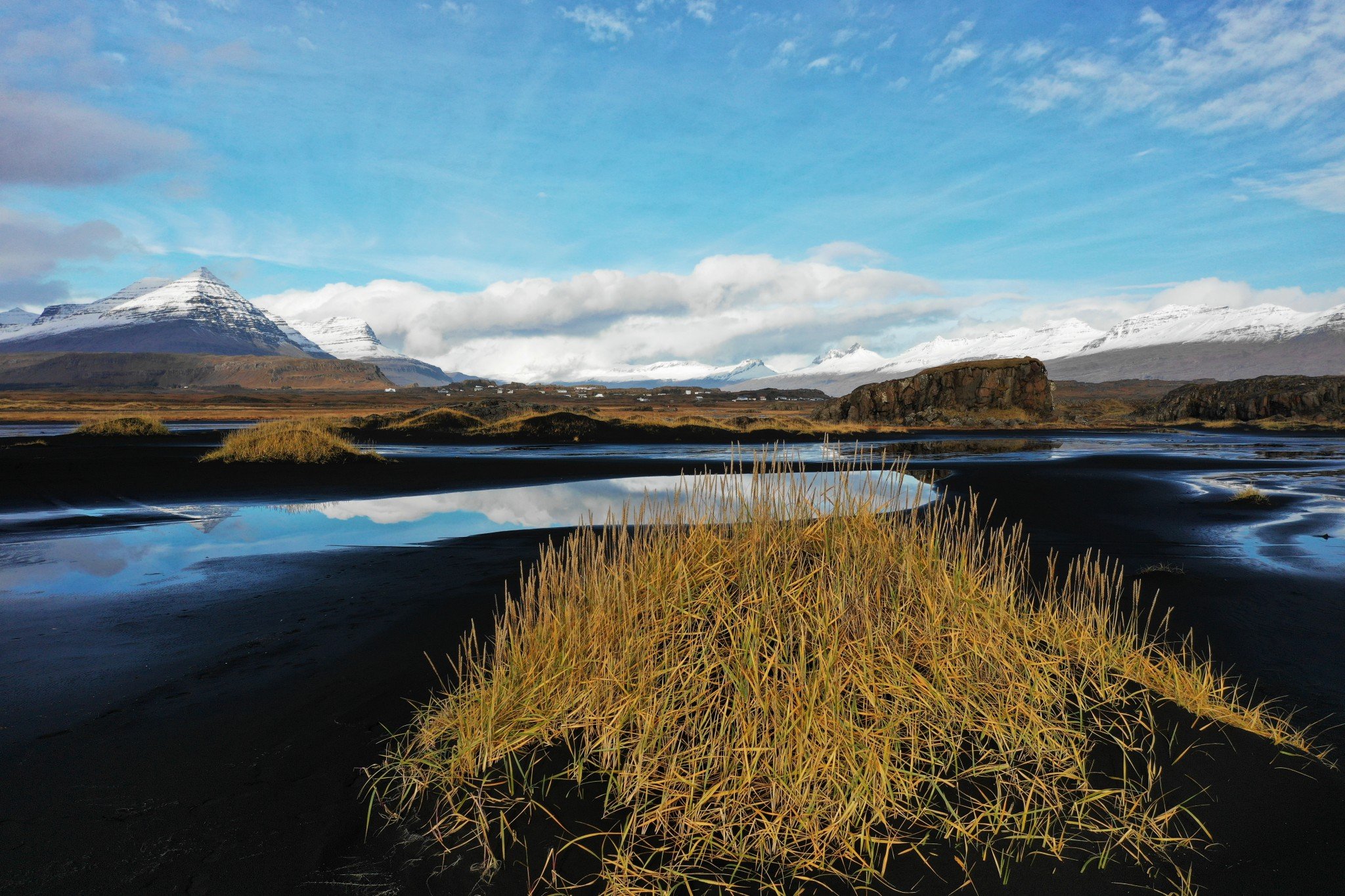
Djúpivogur 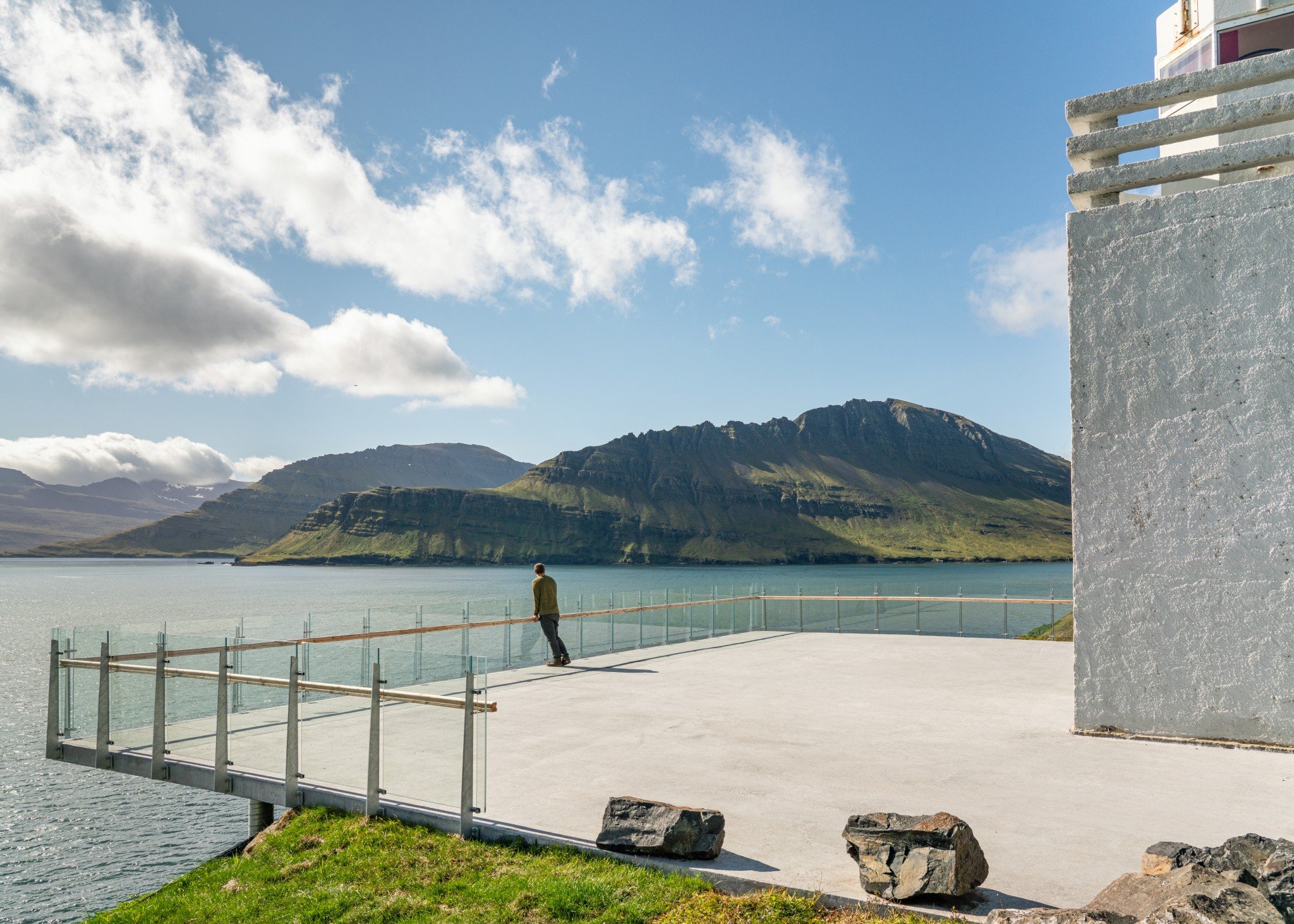
Neskaupsstaður 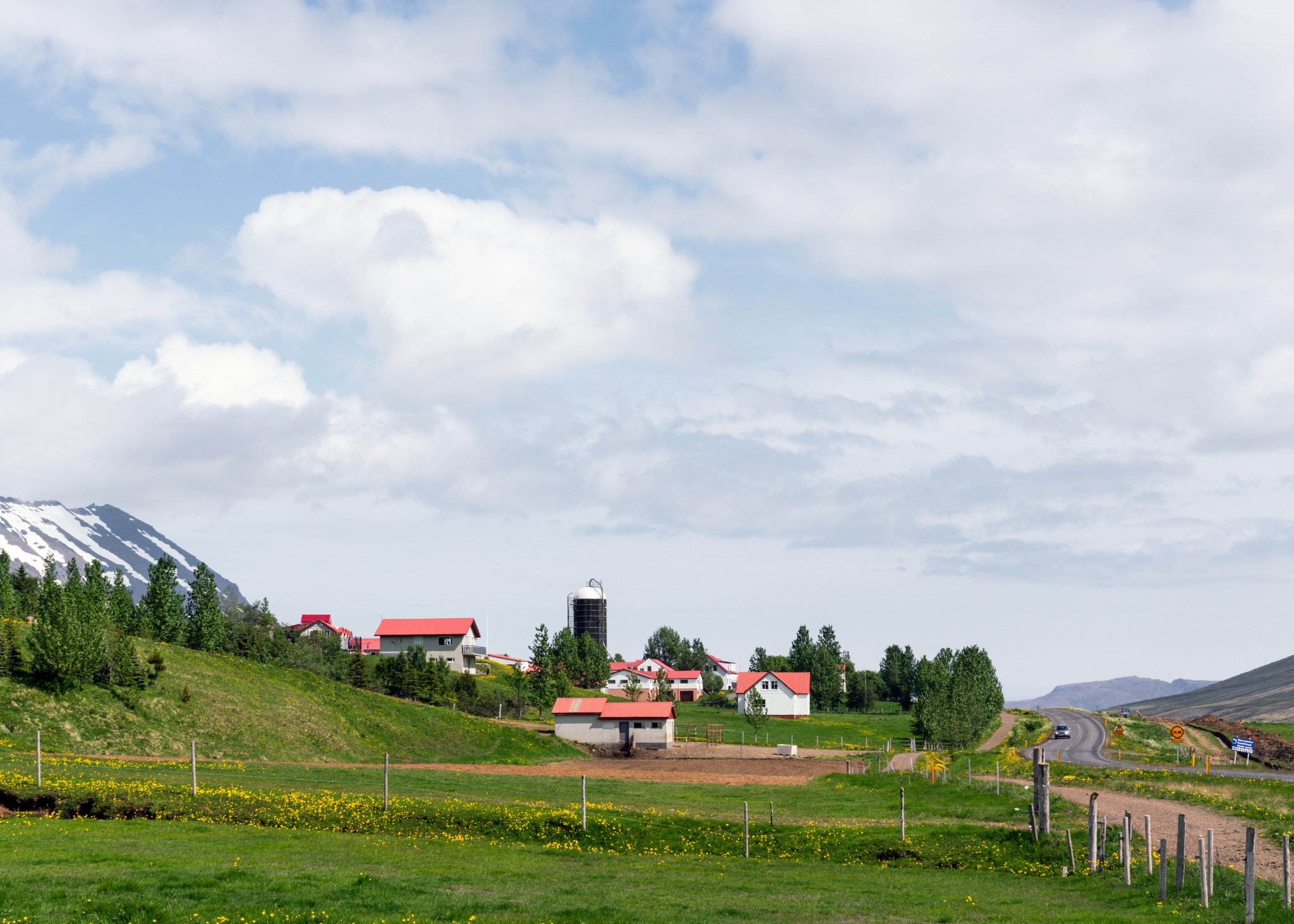
Neskaupsstaður

